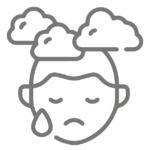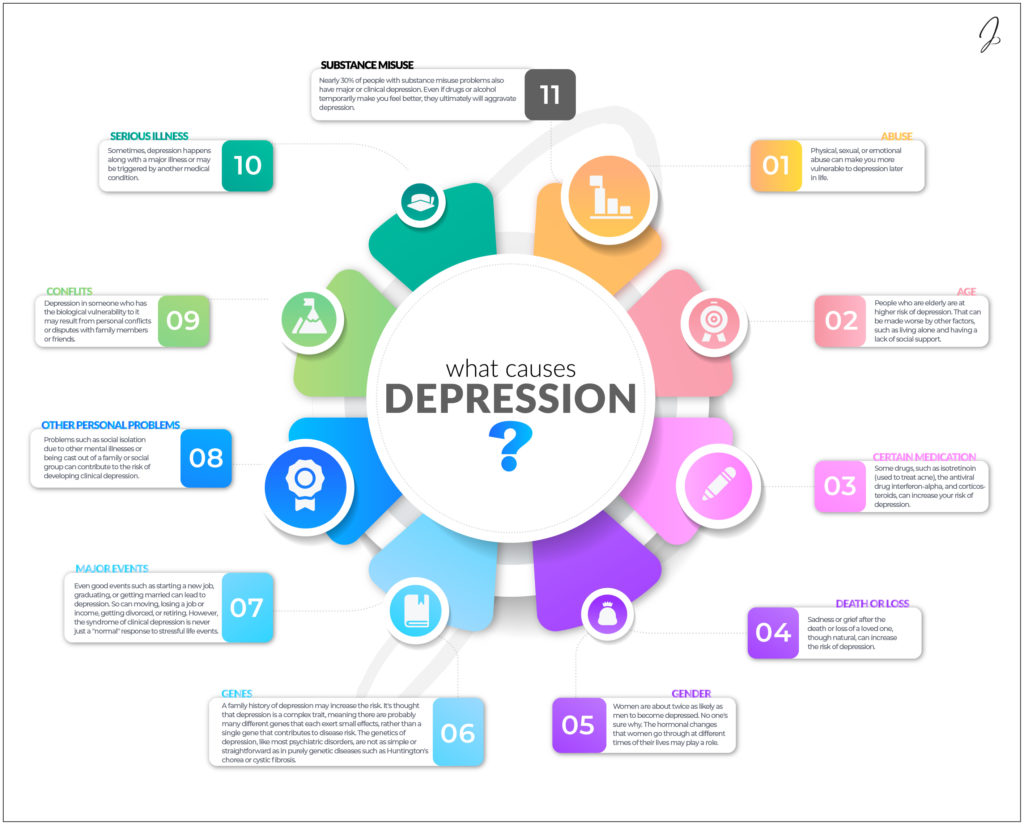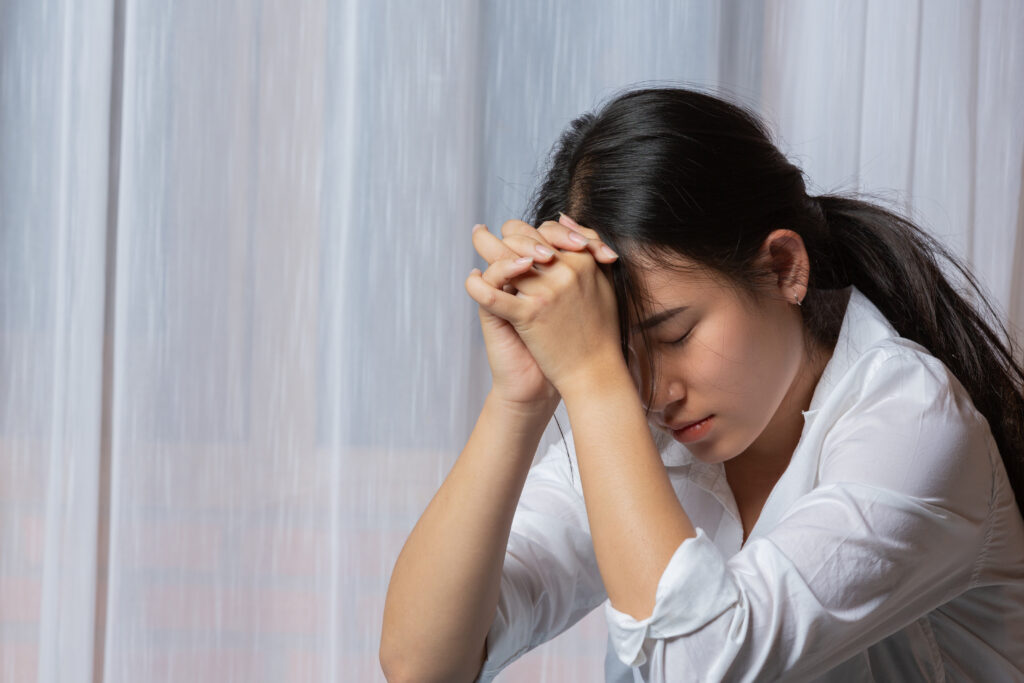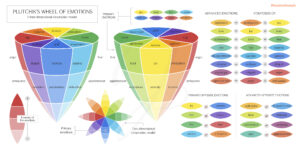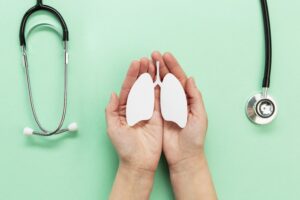Psychotherapy
You can learn how to deal with negativities by talking to a counsellor. You can also see a counsellor with your family or in a group. Psychotherapy, also called “talk therapy,” is when a person talks to a licensed professional to observe what causes their mental health condition, like depression, and learn how to deal with it. Psychotherapy has shown to be an effective way to help people with depression and other psychiatric disorders feel better. Psychotherapy is often used in addition to medicine (only by psychiatrists). There are many kinds of psychotherapy, and some people respond better to one than to another.
Cognitive behavioral therapy (CBT)
In cognitive behavioural therapy (CBT), a counsellor will help you find unhealthy thinking patterns and point out how they may be causing you to behave, react, or think negatively about yourself.
Your counsellor might give you “homework” in which you try to change your negative thoughts into more positive ones.
Cognitive behavioral therapy (CBT)Dialectical behavior therapy (DBT)
Dialectical behaviour therapy (DBT) is similar to cognitive behaviour therapy (CBT), but it focuses more on validation, which means accepting uncomfortable thoughts, feelings, and behaviours instead of trying to change them. If you face your negative thoughts and feelings, you can accept that change is achievable and plan to improve.
Psychodynamic therapy
Psychodynamic therapy is a method of talk therapy that helps you understand and deal with your everyday life. Psychodynamic treatment is founded on the notion that your present reality is influenced by childhood events you cannot recall. (unconscious mind).
In this type of therapy, your counsellor will assist you in thinking about your childhood and experiences to enable you to comprehend and deal with your life.
Therapies beyond the mainstream
Meditation. Depression may be triggered by stressful or upsetting feelings like worry or anger, but regular meditation practice can help rewire the brain’s response to these negative states. Meditation has been shown in credible research to alleviate depressive symptoms and prevent a recurrence.
Acupuncture. Acupuncture is a method of traditional Chinese medicine that may help alleviate specific depressive symptoms. Acupuncture may alleviate various health issues by having an acupuncturist insert needles into specific acupoints on the body. Acupuncture has been shown to improve the effectiveness of therapeutic therapies, and some studies even claim it may stand on its own against psychotherapy in helping people overcome their problems.
On the side note
Bipolar disorder is easily confused with depression because it can include depressive episodes. The main difference between the two is that depression is unipolar, meaning that there is no “high” period, but bipolar disorder includes symptoms of mania.
